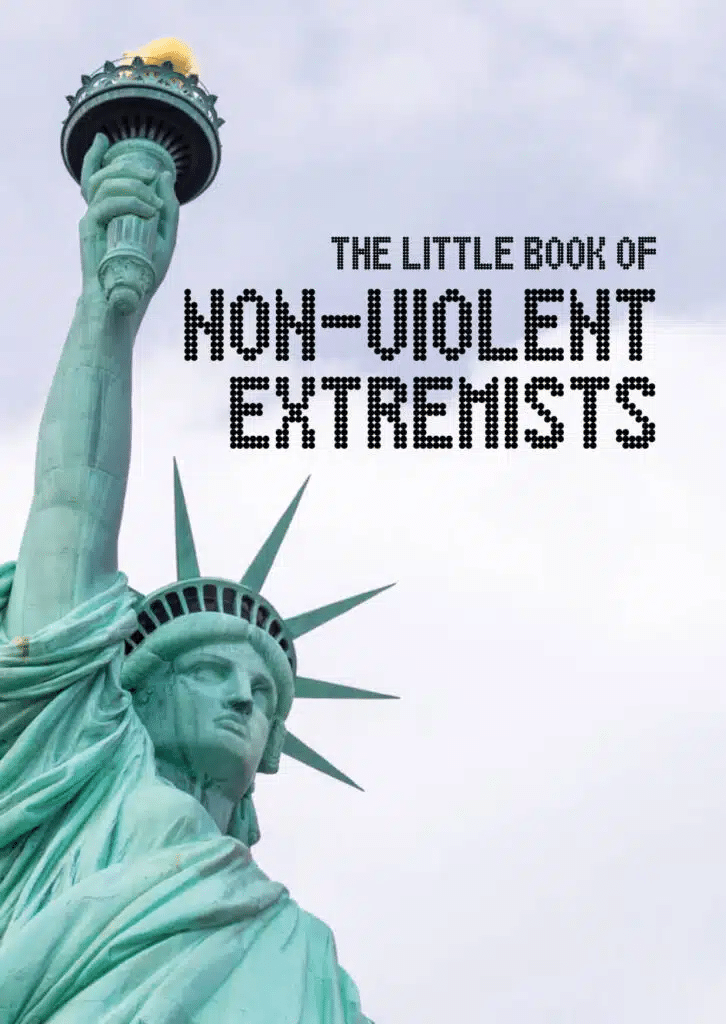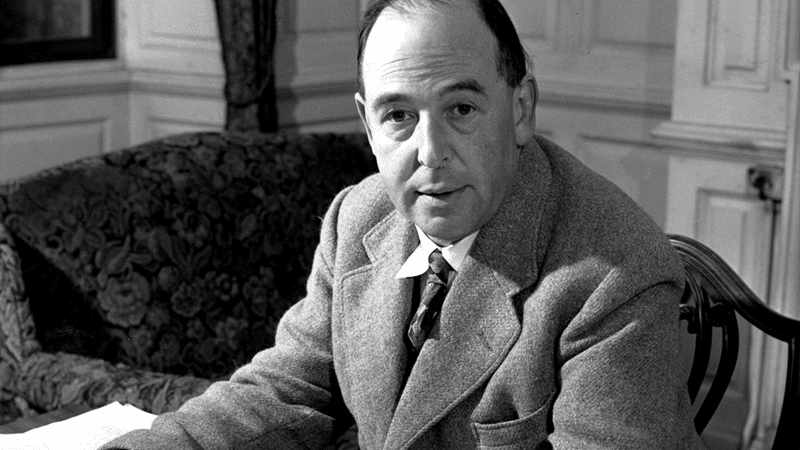What could be more heartwarming than a child stepping through the pages of a book into an enchanting tale of redemption, justice and sacrifice? Where the imaginary can invite the mind to see beyond any concerns or objections to the Gospel and cause it to appear there for the first time in its “real potency”?
Well, the Government begs to differ with C S Lewis — by seemingly categorising his works, which could include his fairy tales and theological reflections, as potentially ‘radicalising’ to readers.
Such is the nonsense revealed by a review of the Government’s controversial counter-terrorism strategy, which found that the Prevent programme had flagged material that “falls well short of the extremism threshold”.
Joining C S Lewis on the Government’s blacklist was his friend and fellow writer J R R Tolkien, George Orwell’s dystopian novel 1984, and even a BBC documentary series following former Conservative minister Michael Portillo on train journeys across the country.
Great British Railways
Since 2011 Prevent has been more focused on ‘non-violent extremism’. Its definition of extremism — “vocal or active opposition to fundamental British values, including democracy, the rule of law, individual liberty and mutual respect and tolerance of different faiths and beliefs” — has been widely criticised for endangering free speech.
As The Christian Institute highlighted in ‘The little book of non-violent extremists’: “Sometimes unpopular ideas are just what a society desperately needs.
“Ideas put forward by people once thought seditious, dangerous or just plain crazy have greatly blessed our land and others. Democracy needs dissent, and silencing it undermines its very foundations.”
This little booklet makes the big point that some non-violent ‘extremists’ turn out to be heroic people of global significance. Successive UK governments have sought to confront non-violent extremism. But without a clear, precise and well-understood definition this is a dangerous road to go down. Our little list of heroes could easily have been accused of breaching modern ‘non-violent extremism’ thresholds.
Under Prevent, historic pioneers such as Martin Luther King and Rosa Parks could have been labelled as extremists for advocating overturning society’s view on segregation. Now its vague language seems to regard reading C S Lewis as a dogwhistle for the “Extreme Right-Wing” movement.
These latest revelations are just another example of how activists have weaponised the Government’s counter-terrorism strategy to target opinions they don’t like.
Back in 2015, an Institute-led campaign gained a key victory when the Government ditched a section of Prevent guidance that would have forced university societies in Britain, such as Christian Unions, to hand over external speakers’ talks two weeks in advance for vetting.
The Government amended the guidance to ensure that universities give “particular regard” to freedom of speech when fulfilling their duty under Prevent.
‘Undermining democracy’
Although the Government has now confirmed that it will accept the Independent Review’s recommendations on Prevent, it must ditch the vague language on extremism.
Christians must not be able to be branded as potential extremists for holding socially conservative beliefs, and nor must C S Lewis, Tolkien or even Michael Portillo and his trains be baselessly accused of promoting radicalisation.
You cannot protect democracy by undermining the foundations of democracy. Sense must return to the country — our historic liberties of freedom of speech and freedom of religion are ever in need of protection, not destruction.


